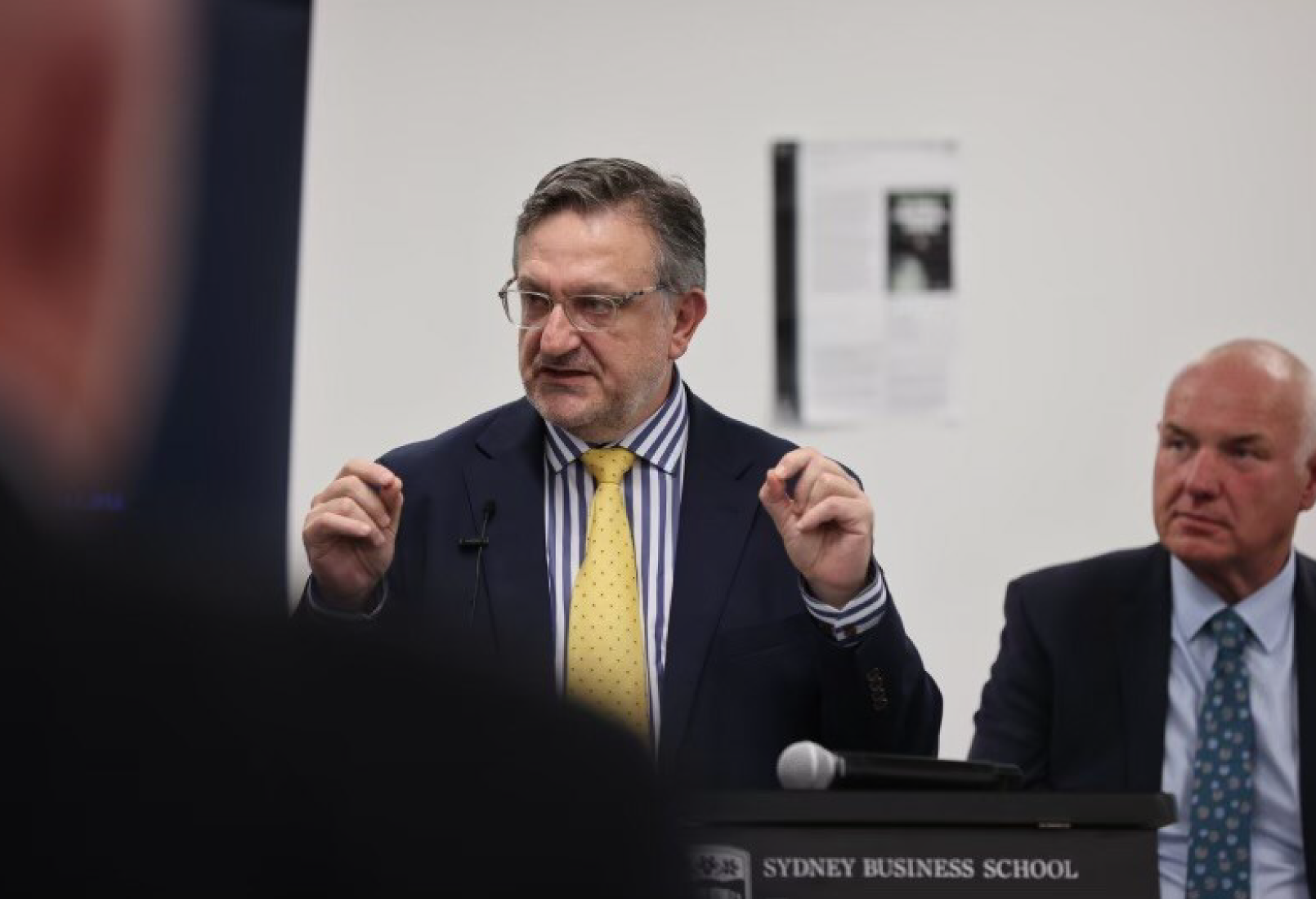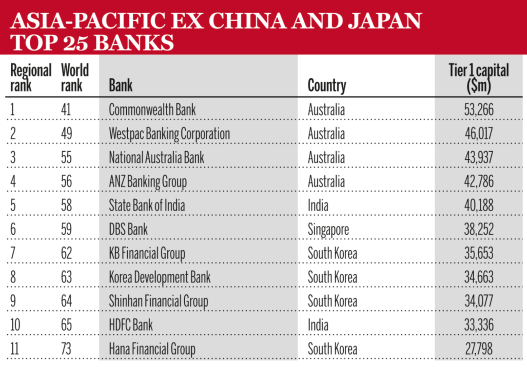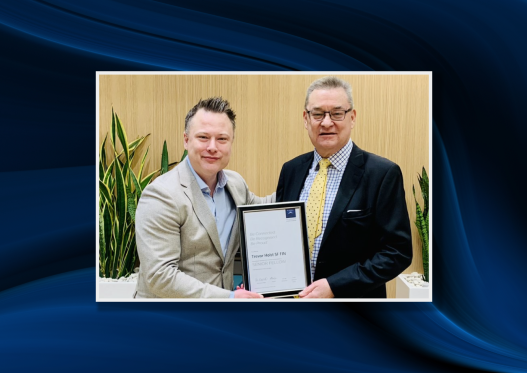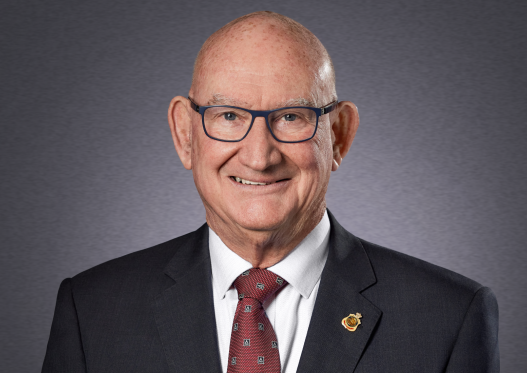Dr Paul Mazzola’s new book about the Global Financial Crisis believes the behaviour of banks has not improved since 2008.
“With banking culture, it seems the more things change, the more things stay the same,” Dr Mazzola said.
“While writing my book I found repeated flawed behavioural patterns prior to each crisis from the American War of Independence to the present day.”
Former investment banker Dr Mazzola, who is now a lecturer at University of Wollongong business school, claims the culture of the industry, behaviour of individuals, and regulatory bodies all played a part in the GFC.
Dr Mazzola said Australia’s banking culture isn’t much better, despite calls for reform.
“Unfortunately, I’m not optimistic that things will change dramatically. In Australia, we’re two years on from the Banking Royal Commission and there hasn’t been the progress you’d expect in the scandal-prone sector,” he said.
“Exploitation of customers, the misalignment of governance frameworks and practices, and the profit driven performance incentives which drive self-interest combine to maintain a culture underpinned by power and greed.
“I hope my book offers the industry a cautionary tale because until the dysfunctional human behaviours that led to the GFC are modified, we are destined to suffer similar crises.”
Former FINSIA CEO and MD Chris Whitehead F FIN, who wrote a foreword to the book called Countdown to the Global Financial Crisis: A Story of Power and Greed, recalled having a front row seat to the GFC where he was responsible for more than 150 bank branches.
“My keenest observation of the crisis from within the banking industry was that we had lost sight not just of prudent management of risk, but of the very purpose for our existence,” he writes.
“Above all, I noted that many of the leaders within financial services had no qualifications and little relevant experience.
“I believe that the greatest value in telling the story of the GFC is to maintain awareness of the underlying causes and the corrupting effect that a desire for power and wealth has on financial markets.
“This goes directly to culture, and I believe professionalism.
“Ideally, in a professional environment, self-actualisation could help guard against the adverse impacts of the quest for power on behaviours and risk management.
“There is a need for peers to establish a culture that supports sound banking practice and holds individuals to account for their behaviours.”
Listen now: FINSIA chief executive casts his eye over six years at the helm








